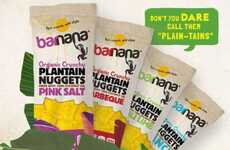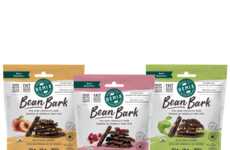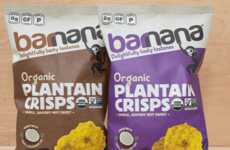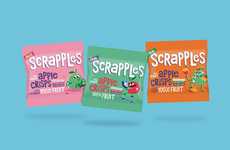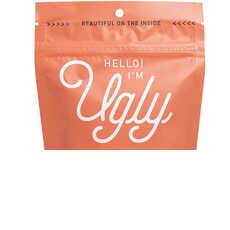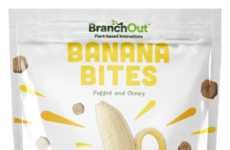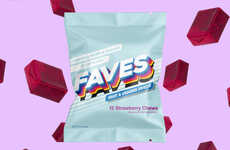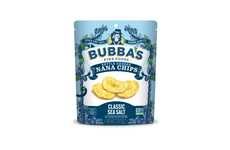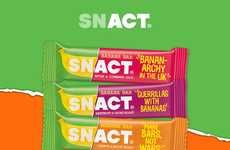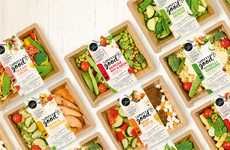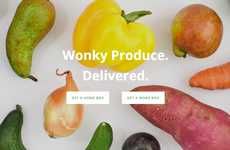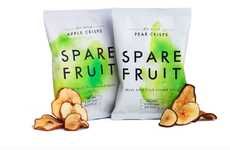
The 'Barnana' Snacks are Made from Imperfect Bananas
Katherine Pendrill — January 24, 2017 — Eco
References: barnana & foodnavigator-usa
'Barnana' is a new snack brand that is not only good for humans, but also good for the planet. Instead of harvesting copious amounts of bananas to make its bite-sized fruit snacks, the company uses 'imperfect' organic bananas that would otherwise go to waste.
The Barnana snacks are the brainchild of company founder and CEO Caue Suplicy, who grew up eating partially dehydrated bananas in Brazil. Suplicy decided to bring the concept to the US in a sustainable way by using bananas that would otherwise be rejected for export due to their size, ripeness or imperfections. These bananas are then combined with nothing but water to create healthy morsels that are rich in fiber and potassium.
With its eco-friendly approach to healthy snacking, the Barnana snacks are likely to become a hit among eco-conscious consumers.
The Barnana snacks are the brainchild of company founder and CEO Caue Suplicy, who grew up eating partially dehydrated bananas in Brazil. Suplicy decided to bring the concept to the US in a sustainable way by using bananas that would otherwise be rejected for export due to their size, ripeness or imperfections. These bananas are then combined with nothing but water to create healthy morsels that are rich in fiber and potassium.
With its eco-friendly approach to healthy snacking, the Barnana snacks are likely to become a hit among eco-conscious consumers.
Trend Themes
1. Waste-reducing Fruit Snacks - Opportunity for the development of more snacks made from imperfect fruits to combat food waste.
2. Eco-friendly Snacking - Opportunity to create more sustainable and planet-friendly snacks using organic and imperfect ingredients.
3. Health-conscious Snacks - Opportunity to produce healthier snacking options that are rich in fiber and nutrients.
Industry Implications
1. Food and Beverage - The food and beverage industry can explore the production of more waste-reducing and eco-friendly snack options.
2. Sustainable Agriculture - Opportunity to develop a supply chain for sourcing imperfect fruits and vegetables that would otherwise go to waste.
3. Nutrition and Wellness - The nutrition and wellness industry can capitalize on the demand for healthier and nutrient-rich snack options.
6.1
Score
Popularity
Activity
Freshness


